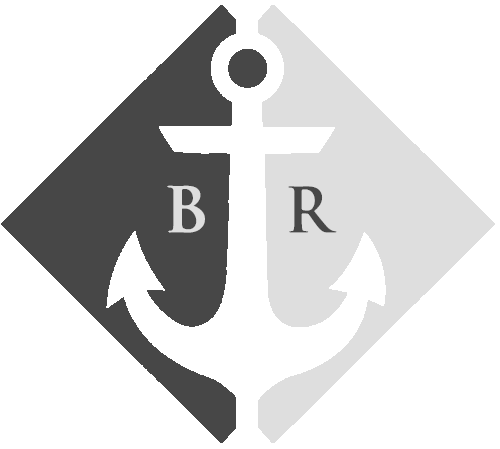

CONTACT US
1052 Budapest, Jane Haining Quay, Dock 11.
Customer support is available daily from 9:00 to 22:00.
Budapest, Jane Haining Quay, Dokk 11, 1052
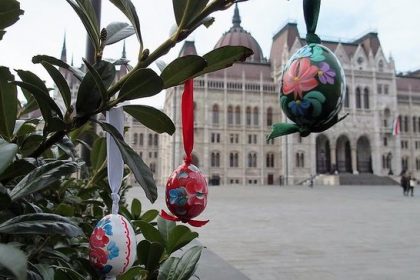
Easter in Budapest is the greatest celebration of the Christian world in memory of the Crucifixion and the Resurrection of Jesus. Since this date varies from year to year, Easter is called the moving holiday: 40 days before the feast, in remembrance of Lent, the 40-day fasting of Jesus, the time of preparation, spiritual and physical purification. The Sunday before Easter is called Palm Sunday, the entry of Jesus into Jerusalem. Jesus came to the city on the donkey’s back, and the people swallowed flowers, palm branches, so they glorified him. The last week of Lent is from Palm Sunday to Easter Sunday, this is called the Holy Week. On Good Friday was the Crucifixion of Jesus, this is the day of his death. Among Christians, Good Friday is about repentance, deep mourning and, rigorous fasting. In the churches the altars are covered, the bells are silent. Being a Christian country, Easter in Hungary is the most important holiday after Christmas.
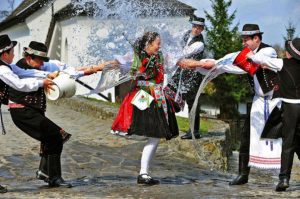
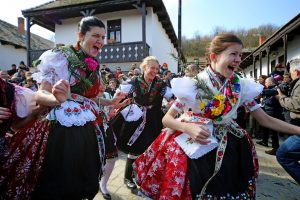
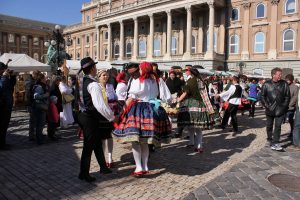
Good Friday became a public holiday in 2017. Holy Saturday is the end of the 40 days fast. The bells are buzzing again. The most significant event on this day is the sanctification of fire and water. In Catholic churches, the candle is lit from the flame of the holy fire. The ignition of the new fire is also a symbol of hope. It is a typical habit of the resurrection procession on Saturday evening. There are a lot of opportunities to be a part of one of these masses in Budapest for example St. Stephen’s Basilica, Matthias Church or the Inner City St Michael’s Church. Easter Sunday is the greatest celebration of Christianity, the resurrection of Jesus when he rose from the tomb 3 days after his Crucifixion. On this day it was forbidden for women to do any work like washing, cooking, etc. The tradition of food consecration also belongs to the Easter ceremonies. Ham, lamb, eggs, cakes were sanctified in the church, and magical power was attributed to them. Easter Sunday is a public holiday in Hungary just like Easter Monday.
According to Hungarian folk customs, Monday is the day of sparkling. This habit is based on the faith in the purifying, renewing power of water, which has remained in the cities in a civilized form (sprinkling with perfume) to this day.
The symbols of Easter in Hungary are the followings: the egg is an ancient fertility symbol found in almost all peoples. Another basic Easter symbol in Hungary is the catkin, which is sanctified in the church. Its origins date back to the celebration of Palm Sunday. The ritual role of the Easter lamb in Hungary has recently decreased significantly, but it is still frequent in the illustrations. The consumption of Easter lamb is now almost completely displaced by ham. The traditional Hungarian Easter meal consists of smoked ham and hard-boiled eggs that are eaten with fresh vegetables and freshly baked homemade cakes. The symbol of the Easter rabbit originates from Germany; it only became naturalized in the 19th century. The reason is that the rabbit is also a symbol of fertility. The tradition of painting eggs and decorating the catkins branches are also because of the German influence. The red eggs originally symbolize the blood of Jesus; however, eggs have been painted differently in the past 300 years, as the fashion of the Hungarian folklore changed as well.. Egg painting is a real art and plays an important role in the Hungarian culture of Easter; you can see geometric shapes, plants, flowers, and patterns of traditional Hungarian embroidery.



A huge Easter festival takes place not far away from Budapest to the North of Hungary in Hollókő. Here you can experience an authentic Hungarian Easter feeling with many representative of the Hungarian folklore, just like folk dancers, concerts, shows, processions and taste mouth-watering dishes from the Hungarian cuisine. Not to mention the many outdoor events in Budapest at Easter, like Gozsdu Weekend Market orEaster traditional programs at Várkert Bazár, where you can enjoy folk dance and music productions, culinary experiences, try out egg painting and you can be a part of a traditional Easter sparkling. What is sure, you won’t be bored at Easter in Budapest.
If you want to get a little touch of the Hungarian easter, join us on Easter Sunday or on Easter Monday for our Folklore and Operetta show and adore the dances, the music, and the atmosphere of the Hungarian culture and have a taste of the best pieces of the Hungarian cuisine.